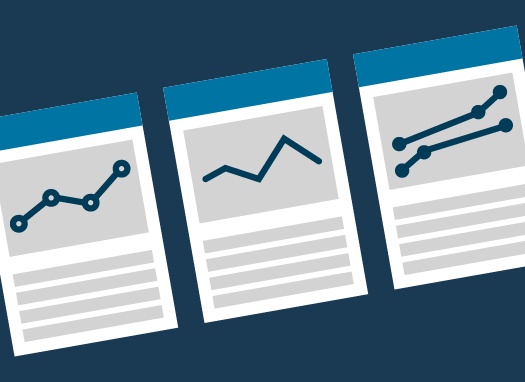Realising the potential of ONS research data

Every year hundreds of innovative projects are completed by authorised researchers granted secure access to anonymised ONS survey data. Director of Methods, Data and Research, Sarah Henry believes this work with the research community’s work is critical to tackling major social issues and growing the economy. Here, she reports on a recent event which celebrated its success while acknowledging the importance of preserving public trust.
At ONS, we believe that better statistics lead to better decisions and that the research community is pivotal to achieving our national goals. They help the UK respond to a multiple of social and economic challenges from Brexit to the desire to create a fairer society served by efficient and affordable public services. Understanding and evaluating the impact of change is critical to those needing to make informed decisions regarding the economy, society and people’s quality of life. To support researchers, ONS provides access to de-identified unit record survey and administrative data for statistical research.
Diverse range of topics
Each year, we approve around 400 projects with access to these data in a safe setting such as the ONS Secure Research Service or the UK Data Service’s Secure Lab. These projects focus on an extremely diverse range of topics such as UK monetary policy, development and evaluation of the UK National Living Wage, and the impact of EU migration on the London workforce and economy.
These analyses provide a firm evidence base for sound decisions, supporting the formulation of effective government policies and the management of public service delivery, and informing the direction of economic and commercial activities. They provide extremely valuable insight to support public debate and help to hold government to account.
I continue to be impressed by the innovative approaches and use of data adopted by researchers, and the dissemination of their findings. There is much that Government can learn through improved collaboration with the research and analytical community, both in terms of improving our own statistics and gaining a better understanding of the underlying reasons for the trends. This was particularly evident at the recent ONS and UK Data Service ‘Realising the Potential of Research Data’ event I co-chaired with Matthew Woollard, Director of the UK Data Service. The event included compelling presentations from Anna Leach (Confederation of British Industry), Conor D’Arcy (Resolution Foundation) and George Windsor (Tech City UK) on how their research findings are being used to paint a rich picture of regional productivity, low pay and the growth of the UK tech economy, respectively.
Cohesive research community
I was enthralled by the startling variations in productivity and growth between and within regions in the UK, as well as the gender variations in, and cycles of, low pay which many workers are trapped in. Likewise, it was remarkable to note the expansion of tech city activity in the UK, with investment over twice that of any other EU country. Our panel session discussion, which featured Robert Cuffe (BBC), Rebecca Riley (National Institute of Economic & Social Research), Ben Jupp (Social Finance) and Emma Rourke (ONS), also highlighted the benefits of a cohesive research community across diverse sectors
Continuing the theme of collaboration, we are working with researchers to showcase how their statistical and analytical work is already assisting decisions. Demonstrating the success and impact of analysis carried out is extremely important and will help build public confidence and support for research using information they have provided. A 2016 Public Confidence in Official Statistics survey reported that trust in ONS is very high (90%). However, we can’t be complacent. We already have rigorous arrangements in place to ensure that data confidentiality is protected through our award-winning Five Safes model (safe researcher, safe project, safe setting, safe data, safe outputs), and there is more we will do to ensure the data remain secure.
Best practice
This year, we will inaugurate an ONS Research Excellence Award to recognise and celebrate the innovative research carried out and the considerable public benefit achieved from the use of ONS research data. We hope this will encourage the sharing of best practice right across the research community to help us achieve shared goals. As Pete Stokes articulated in his five-Safes blog on this website, ‘the data revolution promises to deliver a step-change in the way data are used, and has the potential to improve and inform decision making affecting all aspects of our lives’. The changes are already happening. The recently enacted Digital Economy Act, 2017 will enable the better use of data already held by public authorities and will extend the opportunities for greater collaboration across the research and policy communities. We must embrace these opportunities and work together to demonstrate the positive impact of research carried out.
I am conscious that we must also continue to listen and respond to what our users tell us. Researchers have told us that our accredited researcher and project application processes need to be more streamlined and transparent, and that access to the Secure Research Service (SRS) is time consuming for some researchers. Our key plans for 2018/19 include further investment in the SRS to improve researcher access to data (including easier connectivity) and enable researchers to submit and track their applications, and other requests (e.g. to attend a training course), online. We are working with researchers to develop these improvements and we intend to deliver them by the summer.
I am determined to provide a professional research support and data access service that we will all feel proud of and which others seek to emulate. Please do get in touch if you have any ideas on how we can further meet your needs.
Sarah Henry is the Director of Methods, Data and Research for the Office for National Statistics (ONS)
